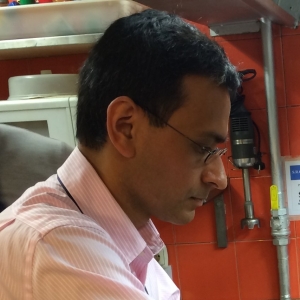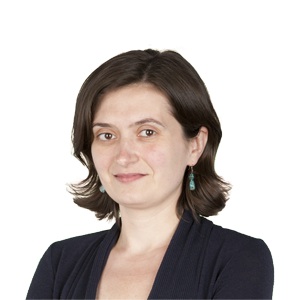Can we solve the “spin-up” problem in Earth System Modelling?
This Sprint runs for 12 months from October 2023
More sprints
- How can we manage uncertainties in habitat greenhouse gas emissions?
- What do we need to know to safely store CO2 beneath our shelf seas?
- How can maritime shipping transition to green ammonia as fuel?

Understanding the global climate system and predicting its future evolution rely on Earth System Models (ESMs), such as the UKESM (developed by NERC/UKRI and the Met Office). However, these models are very expensive to run, a problem especially acute for the Climate Model Intercomparison Project (CMIP) simulations that underpin IPCC assessments of future climate change. Before such simulations can be performed, ESMs must be “spun-up” to a pre-industrial equilibrium in order to accurately determine the impact of humans on climate.
Such “spin-ups” require several thousand years of simulation, which, even on the world’s most powerful supercomputers, can take over 2 years to run. Performing more than one spin-up is thus prohibitively expensive, but it also implies that a single model configuration is used for all climate projection simulations. As all ESMs have inherently large parametric uncertainties, this severely limits the range of uncertainty space that can be sampled by ESM projections used to support key policy decisions. Such policy decisions might address, for example, available carbon budgets to stay below key warming targets (such as 1.5° or 2°C above pre-industrial levels) or adaptation to future risks related to sea-level rise, changes in flood or storm intensity or threats to marine and terrestrial ecosystems.
Why this sprint? Why now?
The team’s recent research (Khatiwala, 2023) has shown considerable promise to solve this “spin-up” problem, with a newly developed algorithm which is over 10 times faster than conventional methods. The sprint will build on that work to develop a scalable and robust algorithm to address this long-standing problem. This has clear science and policy impacts, and the sprint will in the first instance provide evidence to the Met Office regarding the algorithm’s use in practice, which will furthermore encourage modelling groups around the world to adopt it as well.









